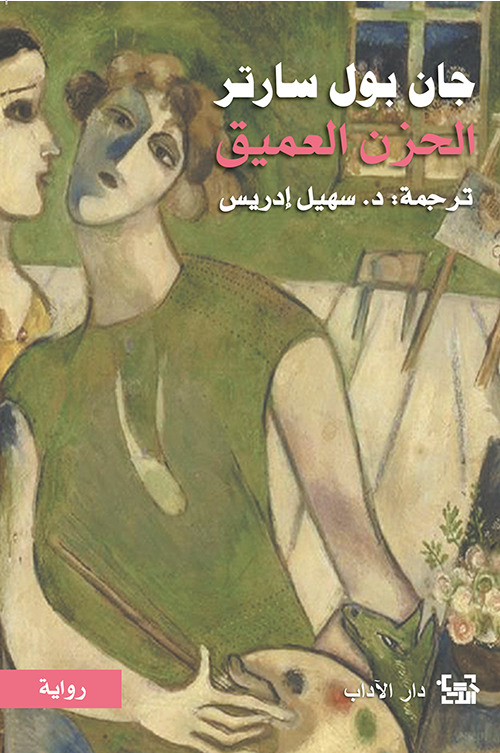What do you think?
Rate this book


478 pages, Paperback
First published January 1, 1949
He made his way to the parapet and stood there firing. This was revenge on a big scale. Each one of his shots avenged some ancient scruple. One for Lola whom I dared not rob; one for Marcelle who I ought to have left in the lurch; one for Odette whom I didn't want to kiss[...]Thou Shalt Love Thy Neighbour as ThyselfвҖ”bang! in that bugger's faceвҖ”Thou Shalt Not KillвҖ”bang! at that scarecrow opposite. He was firing on his fellow men, on Virtue, on the whole world. Liberty is Terror[...]He fired. He was cleansed. He was all-powerful. He was free.
He's suffering from the iron that has entered his soul, and it's you who are to blame!